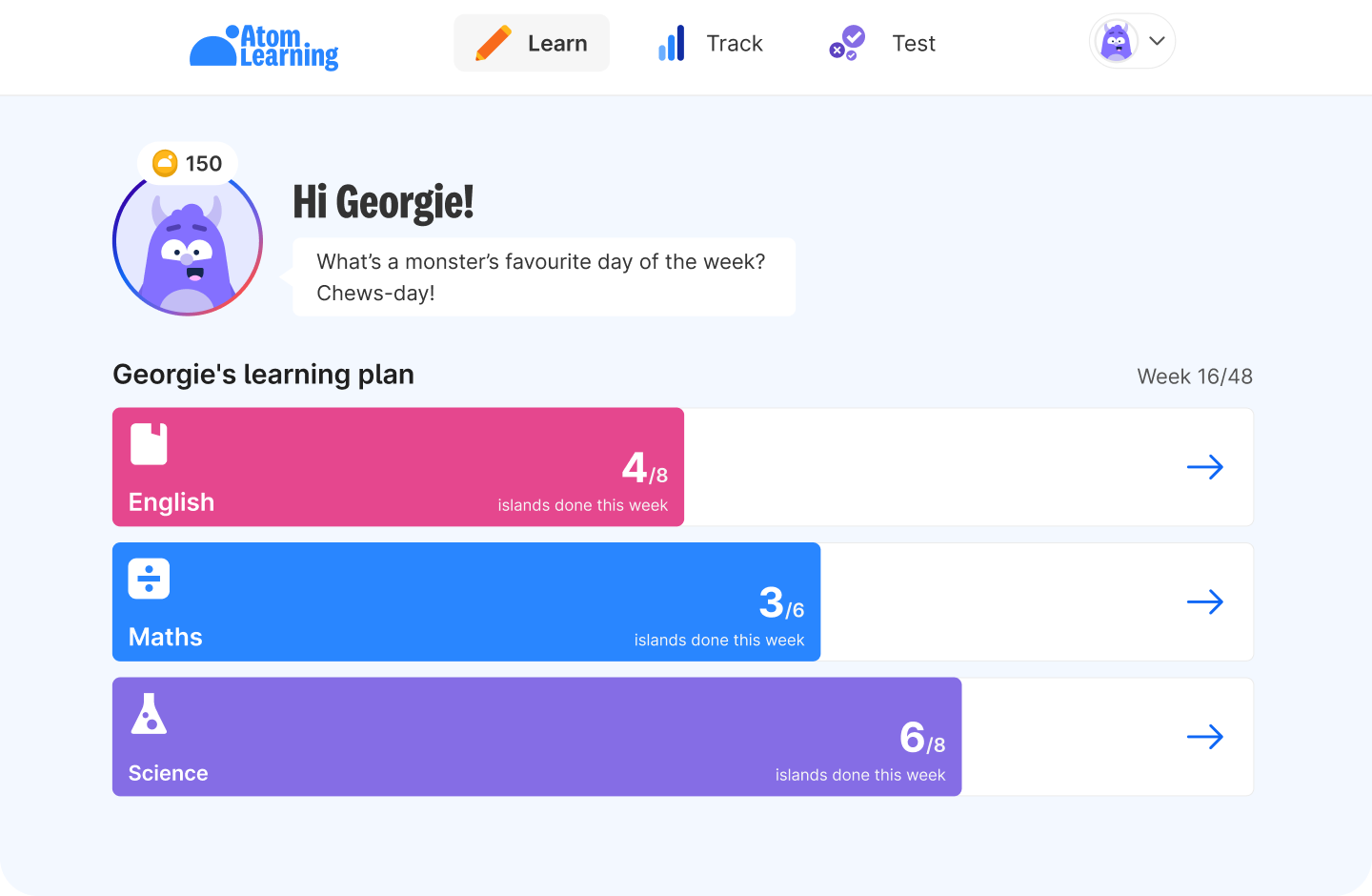Everyday ways to engage your child with science

Want to bring science to life for your child? Hands-on activities are the perfect way to spark curiosity and develop their desire to learn more about the world around us. However, as busy parents, we don’t always have the time to make a potato battery, build a working rocket or set up a state of the art science lab!
Bringing science to life with your child doesn’t have to be another item on your ever-growing to-do list. Instead, it can be easily built into your everyday life. After all, science is everywhere! This blog focuses on bringing science into your everyday home: science in the kitchen.
Mixing it up in the kitchen is a brilliant way to see science in action. With minimal effort beyond your family meal prep, you can explore the water cycle, spot reversible and irreversible changes, discuss nutrition and even grow some microbes! The key with all hands-on science is to talk to your child about what’s happening using the scientific vocabulary that you want them to learn.
The water cycle
Make ice pops or simply melt and refreeze ice cream to show the processes of melting and freezing. Boiling a pan of water for pasta is a great way to consider evaporation and condensation.
Talk to your child about what’s happening to the molecules in the substance as it melts, freezes and boils. Can they connect their new vocabulary to this diagram of the water cycle? (The answers are at the bottom of this article!)
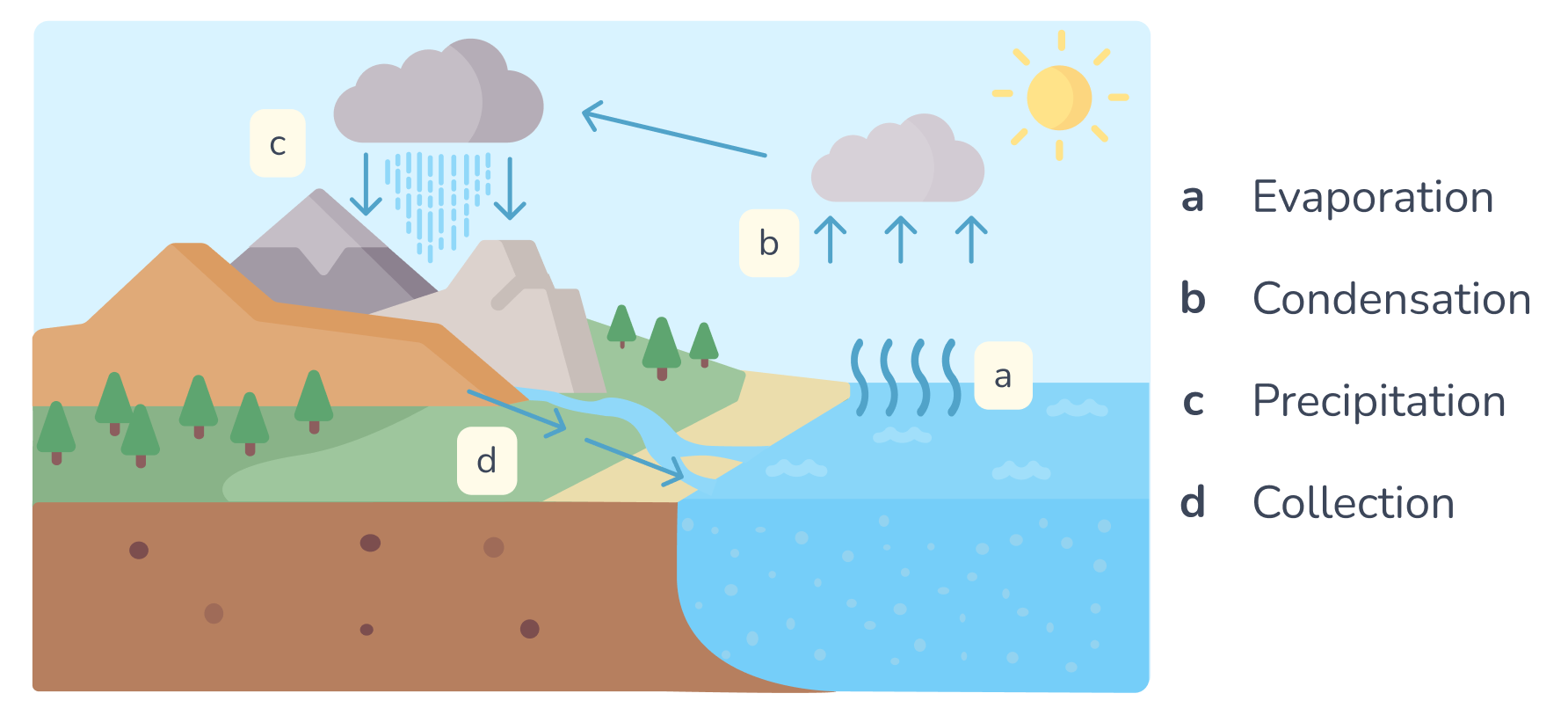
Dissolving drinks
Dissolving is one of the trickiest concepts to grasp in Key Stage 2 science. Surely the solute just disappears into the solvent? Teach your child how to make a hot chocolate (with supervision on that boiling water) and let them experience dissolving for themselves. How do we know the solute hasn’t just disappeared into the water? We can taste it of course!
Reversible and irreversible changes
Whenever we are cooking, changes are taking place. Understanding the difference between reversible, physical and irreversible chemical changes is essential Key Stage 2 science knowledge. Get your child to answer these questions. Can they identify reversible and irreversible changes? (Answers at the bottom of this article!)
Question 1
When some changes happen, we are not able to get the original materials back. These are irreversible changes.
Which one of the following images shows an irreversible change?

Question 2
Kawhi has conducted an experiment on heating and burning. He is sharing his findings with his chemistry class using the following table.
How many of the materials that Kawhi tested cannot be changed back to their original state?
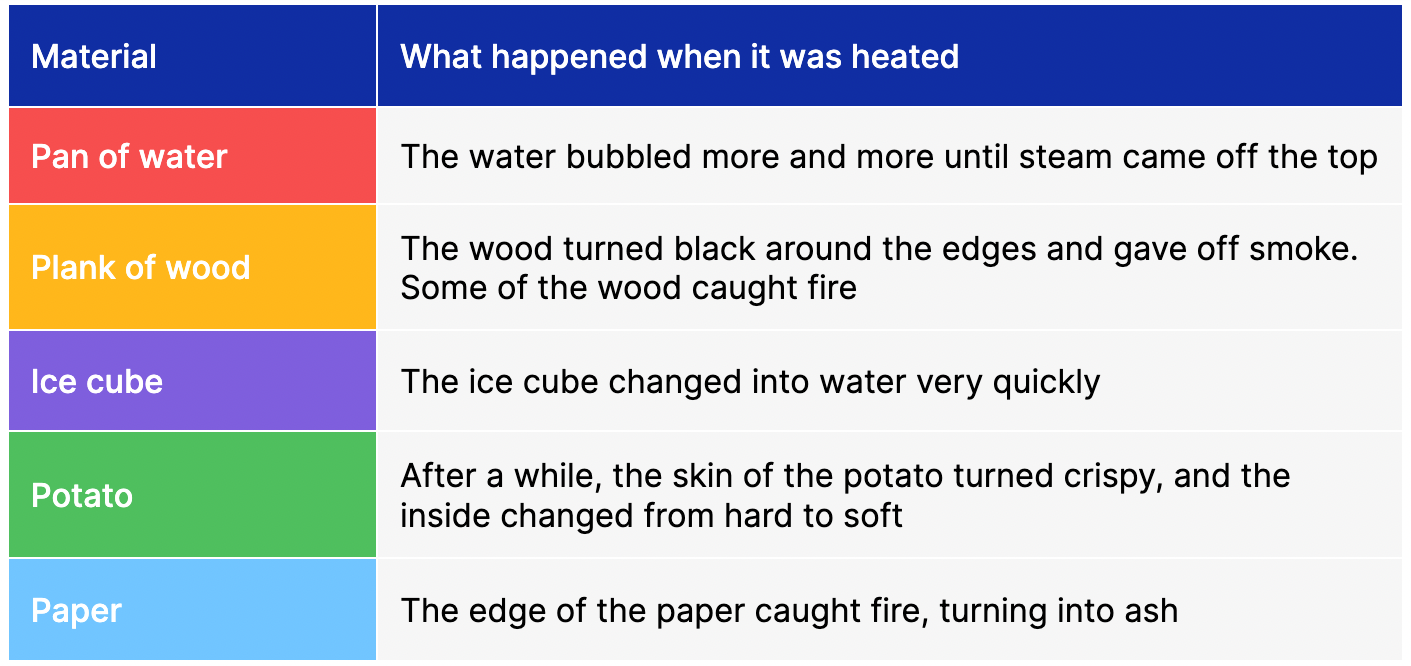
Question 3
Sami is making a salad to serve to his friends who are coming over for a dinner party. He combines lettuce, tomatoes, and egg in a large bowl.
What sort of reaction takes place when making a salad? Write down all answers that apply:
Irreversible, Chemical, Reversible, Physical
Nutrition
Most children in Key Stage 2 know that a balanced diet is important to stay healthy. However, trying to identify which foods belong to which food groups can be pretty abstract! It is the type of knowledge that comes with repeated experience and exposure to technical language. With that in mind, make protein, carbohydrates, fibre, fat, vitamins and minerals part of your family’s mealtime lexicon.
Microbes
Why do we clean our kitchens after preparing food? What would happen if we didn’t do the washing up? Why shouldn’t we chop meat and vegetables on the same chopping board? Why does bread rise? Why do we cover food? What is mould?
If your child can answer these questions, they are likely to have a good understanding of what microorganisms are and how they behave. Improve their understanding by asking them to help with the washing up or even clean and tidy the fridge. What can they find? What would happen if we didn’t clean the fridge once in a while?
Free science resources
Experiments
Download these simple science experiments to try together with your child:
Reading lists
Reading novels and non-fiction books with a science theme is a great way to spark your child’s curiosity. Download Atom's science reading lists below and see our top picks to get your child excited about science!
Live science lessons for your child
Atom’s free Live Lessons are taught by some of the best teachers in the UK. They are designed to help students master key subjects, excel in school exams, and build academic confidence.
We have lessons running daily for Years 3–6. They're fun, interactive, and will keep your child engaged with their learning!
Join a science webinar
For more ideas and tips to encourage your young scientist, watch Atom’s parent webinar, Supporting your child with science. Anna, Atom's Head of Curriculum, shares on how to best support your child with science throughout Key Stage 2 and beyond.
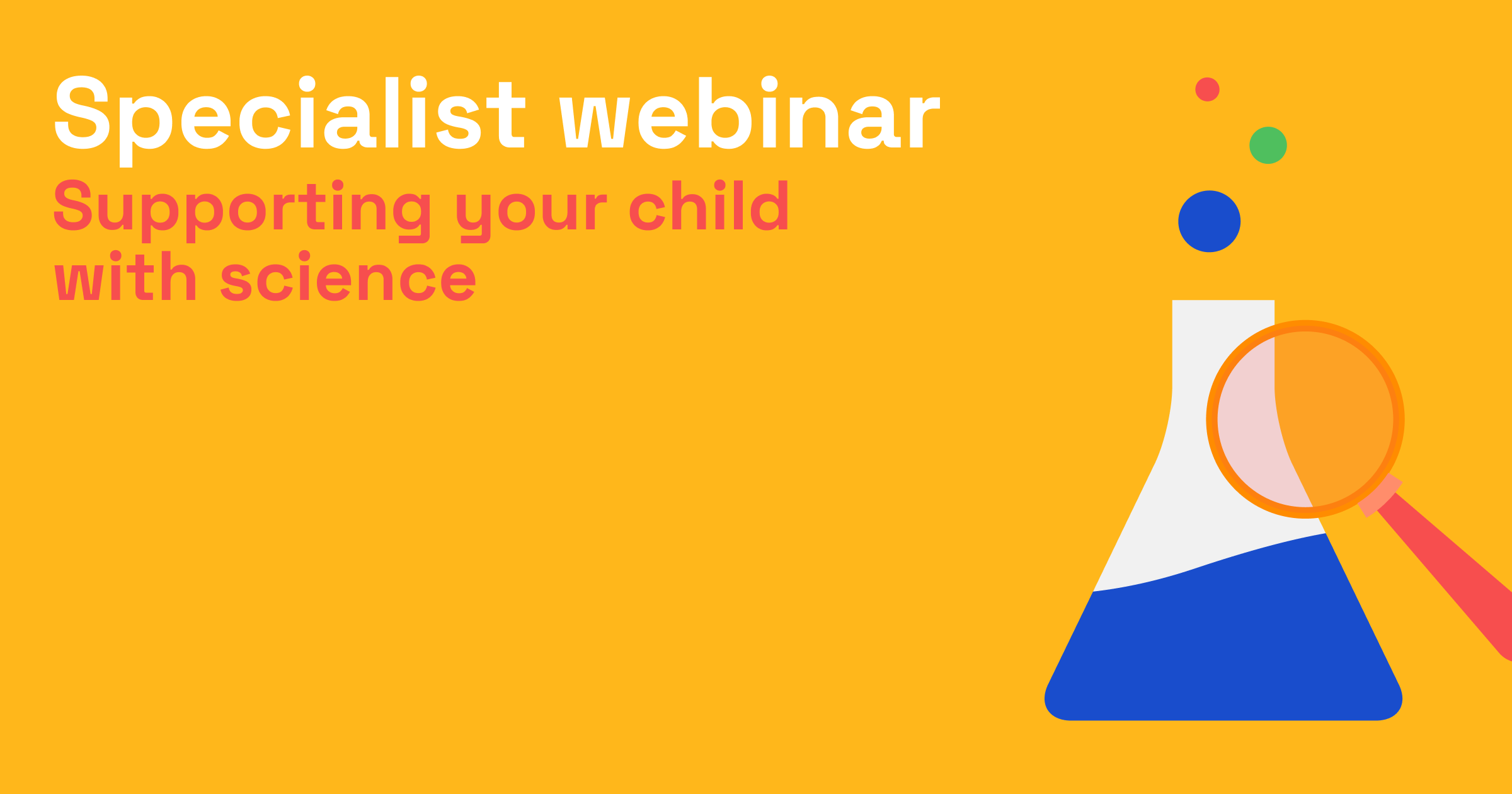
Answers
Answers for the water cycle
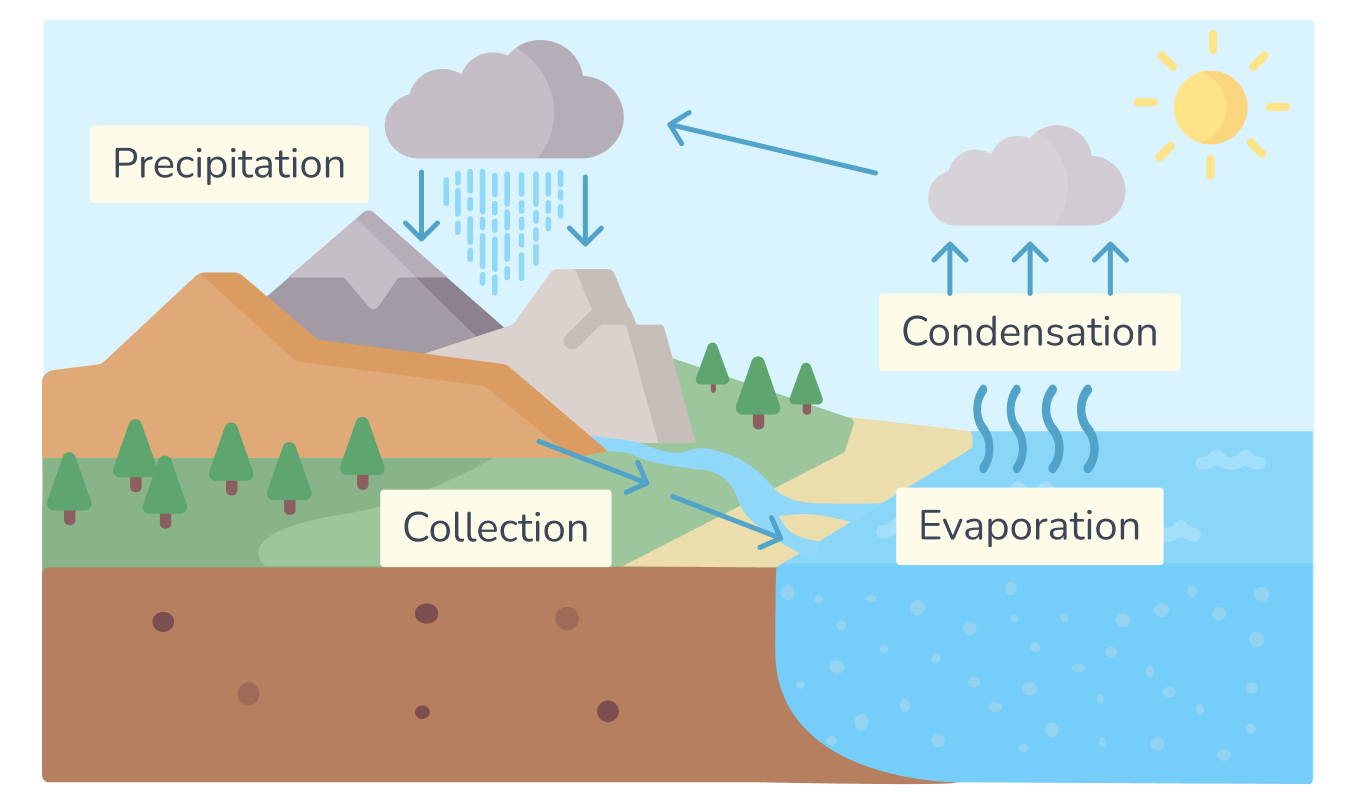
Answers to reversible and irreversible changes questions
- Paper burning
- Three materials: potato, paper, and the plank of wood. The irreversible changes are cooking (potato) and burning (paper and wood).
- Reversible, physical
As this blog shows, incorporating science into family life requires minimal changes to what you already do. The key to improving your child’s understanding of the world is to talk more and explain using scientific vocabulary.
Once you've engaged in hands-on activities together, get your child to head over to Atom Nucleus to check their scientific understanding. Nucleus gives your child access to over 90,000+ teacher-created questions, video tutorials, help sheets and recorded lessons – all designed to build their confidence and knowledge.
Build strong English, maths and science skills.
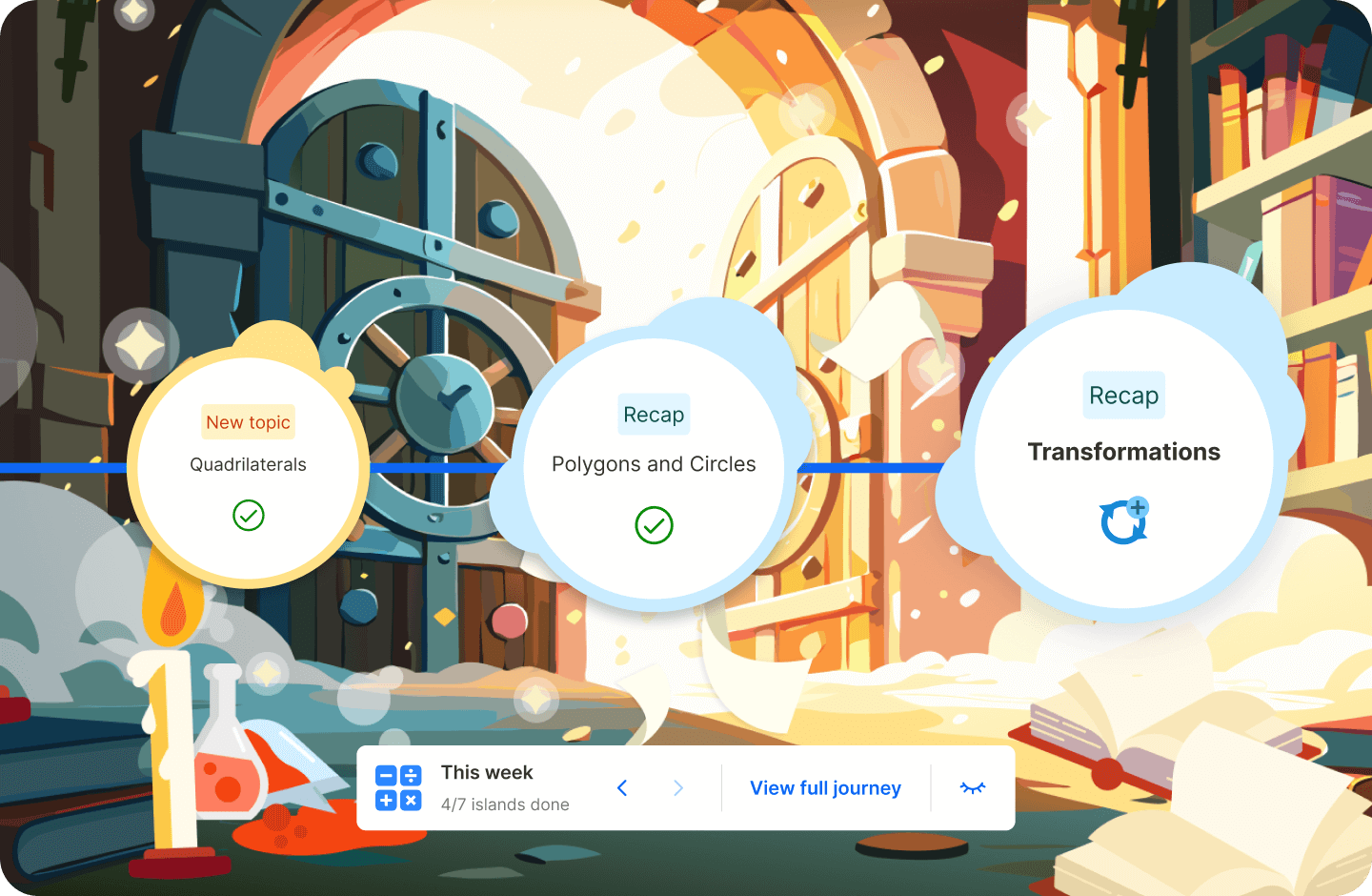
Want to support what your child is learning at school, or help them stretch beyond it? Atom gives them the right blend of challenge and support. Help them strengthen foundations, deepen understanding, and grow confident in the subjects that matter most for Key Stage 2 and beyond.
- Follow personalised weekly learning plans that adapt to your child’s level and keep them progressing in English, maths and science.
- Learn through interactive lessons that stretch their thinking and reinforce key skills.
- Track progress topic by topic. See their strengths and pinpoint where they need to improve.
Start your free trial and help your child make real school progress today.
